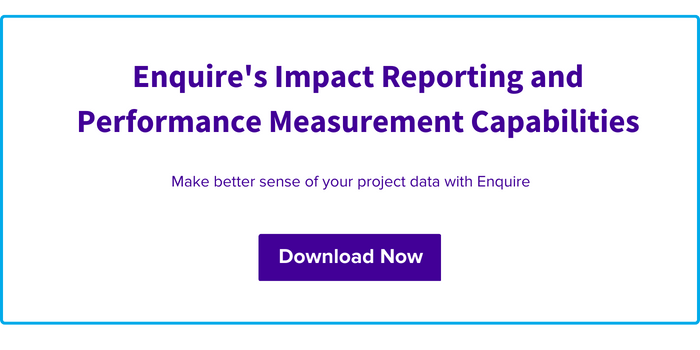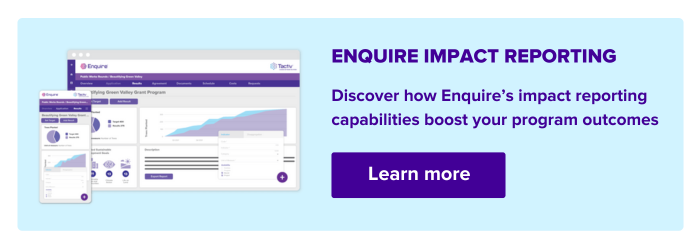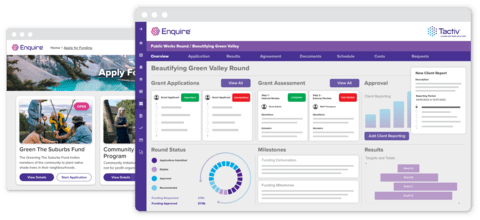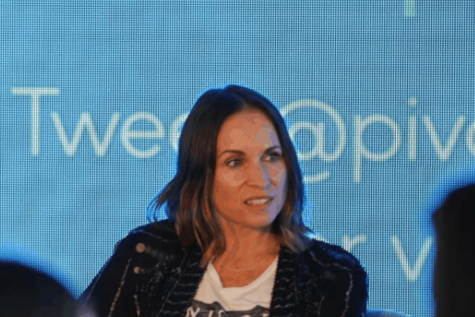At Tactiv we are always focused on the future of grants management so our clients benefit from best practice capability, including improving reporting. Reporting touches every stage of the grant lifecycle. It reaches grant applicants and applications, grant project progress and status, financial, contractual milestones and acquittals, and performance reporting. To help improve grant lifecycle reporting, here are 5 important questions to consider as you develop your own best practice grants reporting strategy.
Are your reports consistent and relevant?
Grants reporting requirements vary greatly across organisations and programs. Program managers benefit from using an organisation-wide standardised or reusable dataset rather than creating new metrics and requirements each time.
Setting consistent and relevant standards ensure data are more easily collated and compared across each round and programs regardless of the time frame. It also helps ensure grant applicants understand what is required, why and when so they can deliver data that is up to standard.
- Avoid disparate systems and programs. Instead, utilise a grant management system as a single source of truth for staff and grantees.
- Maintain a master dataset to ensure data is consistent from application to project closure.
- Create and use standardised reporting templates that are easily reused or cloned.
- Align report templates to use cases. Well-considered questions are more likely to generate meaningful responses from grantees.
Enter your email below for a free interactive tour of Enquire’s reporting features
Are you equipped to handle changes to processes or timeframes?
A project doesn’t always go to plan or a program’s timeframe may change. A grants reporting strategy supports being able to quickly update due dates or reporting schedules to assist grantees with meeting requirements. Avoiding ad hoc processes and data collection is also critical.
- Grantees might not be able to meet the program’s standard timeframes. Therefore, consider setting due dates based on the project’s timeline.
- Allow grantees to skip progress reports if they finish ahead of schedule.
- Stay up to date with grantees. The current reporting contact may change as the project progresses.
- Review and align progress reporting timeframes with internal reporting timeframes. So, if data from grantees is integral to investors, reports should be scheduled to meet this need.
What is the grantee experience with the grants reporting process?
Take the opportunity to follow up with your grantees to identify pain points and if reporting processes can be improved. Additionally, communicate with grantees and provide support so they can engage easily.
- Collect feedback during and after key stages as grantees may offer insights depending on the stage of the process they are experiencing.
- Grantees may not give you a candid response when asked. For this reason, consider anonymous surveys or using a third-party to collect feedback.
- Give grantees ownership of their side of the process to ensure they aren’t slowed down by delays to improve their experience.
- Progress reports are often a collaborative effort, so provide options to invite team members to complete the same report.
- Don’t overwhelm grantees with frequent progress and annual reports, but stick to a regular cadence.
- Provide feedback to grantees after reports have been assessed. Feedback will assist them with aligning with your requirements.
Have you automated your reporting business processes?
Using an online grant management system can automate and streamline your reporting business processes and reduce administration effort.
- Use notifications to ensure grantees and staff are aware of key dates or overdue milestones.
- Validate and auto-populate data to ensure quality and accuracy.
- Schedule reports to be automatically generated on triggers.
- Set up dashboards and pre-filtered reports to quickly generate data for stakeholders and team members.
- Provide ability to make amendments and highlight the changes. Therefore all stakeholders can quickly review updates.
- Support online engagement with a client portal for secure and accessible access. This provides grantees the ability to maintain and update key account information.
Do your progress reports align with end goals?
For most organisations, progress reports are used to assess an individual grant or provide summaries to key program stakeholders. However, too often the report is immediately archived. It’s important to utilise the data to capture a program’s impact effectively, so it actively contributes to business decision-making.
- Review your data fields and questions. Are you collecting data that is important to understanding your impact and how the grant is contributing to your goals?
- Inform grantees and staff of the purpose for the reports and how information will be used. Painting the bigger picture can contextualise your goals and lead to improvements.
- Aggregate data collected to inform impacts and outcomes of program.
- Ensure your data aligns with the frameworks required by regulatory bodies, partners or sector wide frameworks
Grants reporting with Enquire
Reporting is key to enhancing grant program management. It is the basis of understanding how your program is progressing and contributing to your mission.
Using Enquire, our clients can take advantage of a grant management software solution that utilises best practise reporting capabilities. Tactiv has over a decade of experience in supporting the needs of not-for-profits and governments to successfully meet complex and evolving reporting demands.
Want to improve your reporting or how you use Enquire to manage your existing reporting? Then request a demonstration of Enquire’s reporting features or contact us today.


